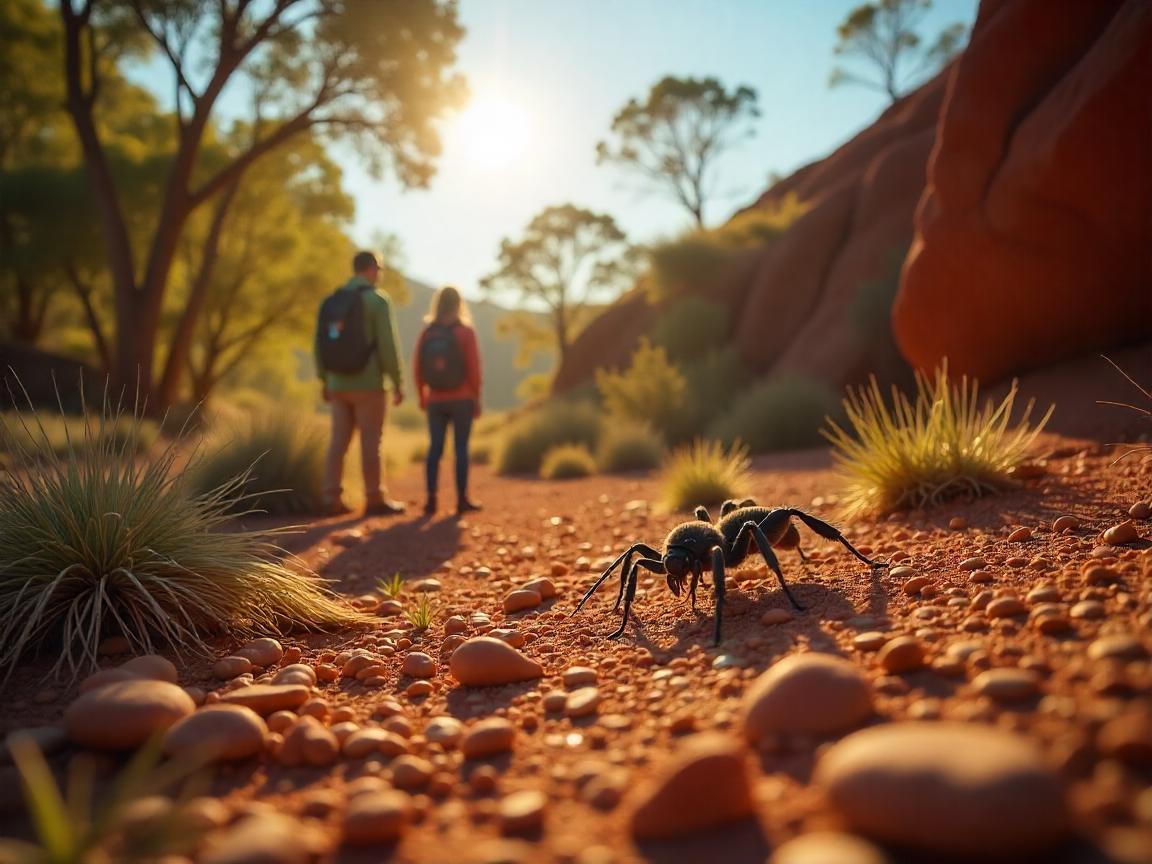
A Modern Scientific Treasure Hunt in the Outback
Can medical breakthroughs and ecological revelations be discovered anywhere other than research labs if we search beneath rocks in Northern Australia? The Bush Blitz biodiversity discovery project transforms our understanding of wilderness territories and biological distribution datasets and environmental protection strategies. Researchers participating in the 2025 Northern Territory expedition discovered dozens of novel species including bioluminescent fungi, parasitic wasps, and a previously unrecorded genus of tarantula. The scientific expedition operates as an expedited mission to document species as they face possible extinction from time’s passage.
Understanding Why the Bush Blitz Biodiversity Discovery Matters
From its inception in 2010 Bush Blitz scientists have discovered more than 2,000 new species throughout all of Australia. The Northern Territory’s 2025 Bush Blitz biodiversity discovery built upon its predecessors by achieving outstanding success. Scientists discovered two types of essential fungi in dim caves because these organisms function as valuable indicators of ecosystem wellness.
Recently collected information indicates approximately 75% of Australia’s invertebrate species have not received formal scientific classification. The missing species documented during Bush Blitz help us fill gaps in our scientific knowledge which Australian Biological Resources Study suggests would otherwise disappear before identification. Research discoveries including a leaf-mimicking spider and metallic winged wasps enable scientists to reconstruct ecosystem understanding.
Unlikely Collaborators Behind the Discoveries
The Bush Blitz biodiversity discovery finds its greatest power in the collaboration of people involved with its mission. Scientists at Bush Blitz work hand in hand with Indigenous trackers along with Earthwatch fellows who include school teachers and corporate partners such as BHP. Expert members from Jawoyn community joined the 2025 research team to locate rare species using traditional knowledge methods.
The discovery of two new fungi species happened after Indigenous trackers used their tracking abilities to uncover a secret cave system. The success of biodiversity research becomes optimal when scientists honor and integrate local knowledge system.
Teaching Through Discovery: Lessons from the Field
Direct involvement of educators in Bush Blitz biodiversity discoveries represents an outstanding idea. TeachLive connected teachers to be part of field teams who shared their discoveries in real-time with educational settings across the country. The 10-year-old students could experience firsthand discoveries of new species as their teacher presented them directly.
These classroom experiences bring students deeper into the concepts while creating future conservation-focused generations. According to Melbourne’s Emma Grady the Bush Blitz experience stood out as her career’s biggest transformative moment because students showed growing interest in science and ecology along with environmental studies.
A Case Study in Urgency: Documenting Before It’s Gone
The 2018 Bush Blitz Queensland expedition discovered a new ant species which scientists later proved essential for seed dispersal and bushfire recovery operations. The discovery of this new biodiversity species remapped local sustainability practices. This proves what’s at stake: Our failure to document life creates the possibility of losing significant species that have undisclosed ecological consequences and pharmaceutical properties.
According to biodiversity strategist Dr. Ainsley Callaghan “The process of species naming helps us conserve life’s complex structure.” Beyond its scientific role the Bush Blitz biodiversity discovery initiative serves additional purposes. The protection of life’s foundational elements stands as our imperative because they risk disappearing into irretrievable loss.
Conclusion: Research into Australia’s least-explored areas continues to produce undisclosed information.
The results of the 2025 Bush Blitz biodiversity discovery project reveal an essential reality to address immediately. Our current knowledge of native life indicates we have just scratched the surface of what exists in our environment. International efforts to combat biodiversity loss gain urgency from projects which demonstrate exploration with collaboration can create hopeful solutions for our diminishing natural resources. Natural ecosystems retain mysteries that need our protection because they still exist in the wild.
We protect the unknown for the future because doing so means we protect our future inheritance.